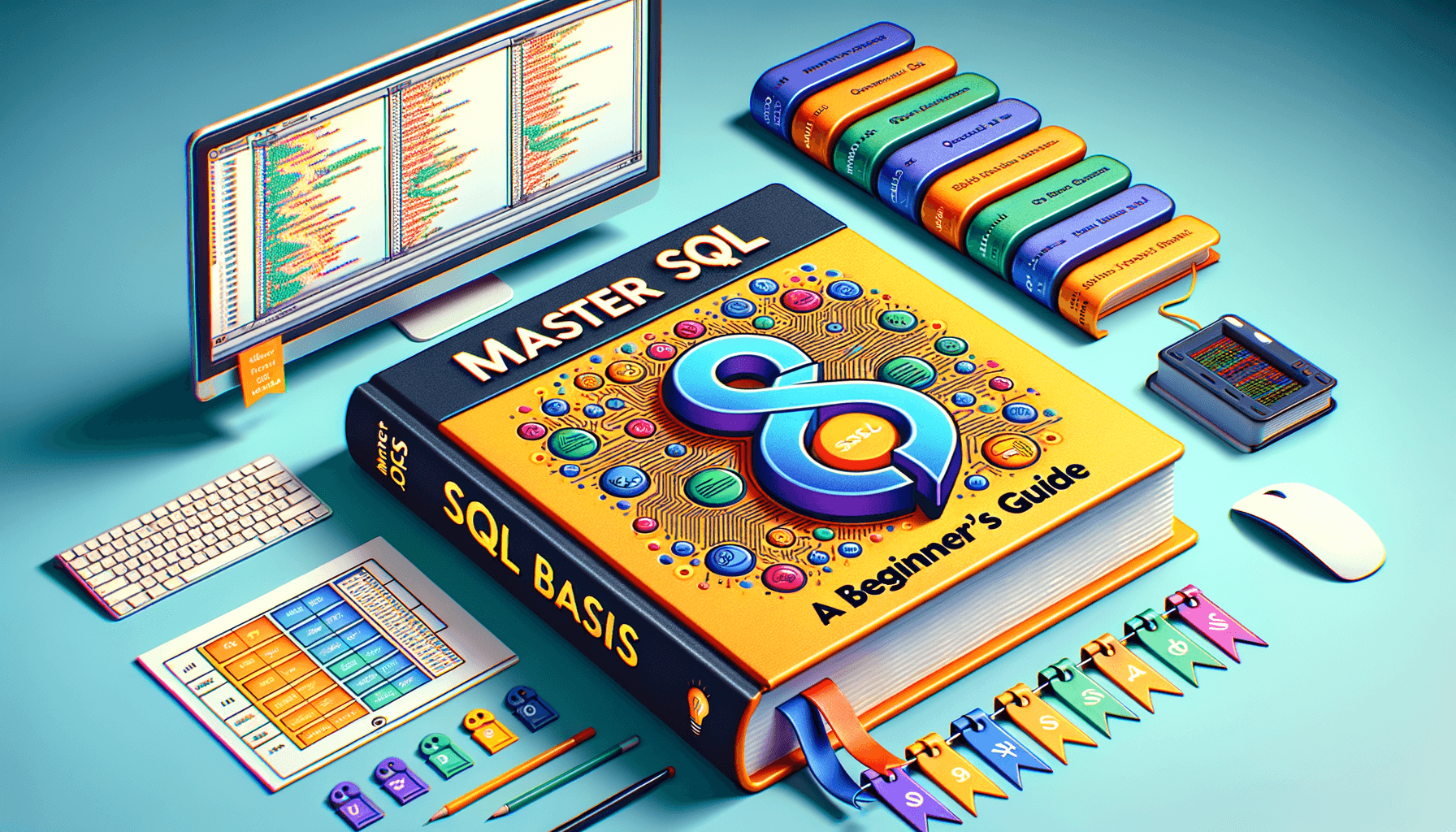A big variety of articles and resources

Mastering Basic SQL Queries for Your Next Interview
 Sia Author and Instructor
Learn SQL
Sia Author and Instructor
Learn SQL
6 minute read
Understanding Basic SQL Queries for Interviews
The SELECT Statement
The SELECT statement is the cornerstone of SQL queries. It allows you to retrieve data from one or more tables. Mastering the SELECT statement is crucial for any SQL-related interview. Here’s a basic example:
SELECT column1, column2 FROM table_name;
Filtering Data with WHERE
The WHERE clause is used to filter records that meet certain conditions. This is essential for narrowing down query results to only the relevant data. For instance:
SELECT column1, column2 FROM table_name WHERE condition;
Sorting Results with ORDER BY
The ORDER BY clause allows you to sort the result set by one or more columns. This is particularly useful for organizing data in a meaningful way. Here’s how you can use it:
SELECT column1, column2 FROM table_name ORDER BY column1 ASC, column2 DESC;
Understanding these basic SQL queries will lay a strong foundation for tackling more complex questions in your interview.
Navigating Intermediate SQL Queries in Interviews
As we progress to the intermediate level of SQL queries, a deeper understanding of JOIN operations and GROUP BY becomes essential for mastering database interactions. Mastering these intermediate SQL concepts equips you with the tools necessary to navigate complex database structures and extract actionable insights during interviews and real-world scenarios.
Mastering Advanced SQL Queries for Your Next Interview
As you delve deeper into the realm of SQL queries, advanced concepts like Subqueries and Window Functions come into play, elevating your database manipulation skills to new heights.
Optimizing SQL Queries for Performance
Optimizing SQL queries is crucial for handling large datasets efficiently and ensuring quick response times. Mastering the basics of SQL joins, unions, and filtering techniques is essential for effective database querying. This section will delve into practical optimization strategies to streamline your queries, ensuring they run with optimal performance.
Importance of Indexes
Indexes are vital for speeding up SQL queries. They allow the database to find rows much faster than without an index. When used correctly, indexes can drastically reduce the execution time of your queries. However, over-indexing can lead to performance degradation during data modification operations.
Query Execution Plans
Understanding and analyzing query execution plans is key to optimizing SQL queries. Execution plans provide a roadmap of how the SQL engine executes a query, highlighting areas that may need optimization. Tools like EXPLAIN in MySQL or the Query Analyzer in SQL Server can be invaluable for this purpose.
Avoiding Common Pitfalls
Avoiding common pitfalls in SQL query writing can save a lot of time and resources. Some of these pitfalls include using SELECT * in queries, which can fetch unnecessary data, and not using WHERE clauses effectively, leading to full table scans. Additionally, minimizing the use of DISTINCT and optimizing joins can contribute to better performance.
Optimization tips, indexing strategies, subqueries, and query crafting for enhanced performance and clarity.
Practical SQL Query Examples for Interview Preparation
In this section, we will explore practical SQL query examples that are commonly encountered in interviews. Mastering these examples will significantly boost your confidence and technical prowess during your interview preparation.
Common Mistakes and How to Avoid Them
Misunderstanding JOIN Types
One common mistake is the unnecessary use of JOIN operations when a simple WHERE clause could suffice. Overusing LEFT JOIN when an INNER JOIN is appropriate can lead to performance degradation. Additionally, always ensure that the joined fields are indexed and of the same data type to prevent on-the-fly conversions that can slow down your query.
Ignoring NULL Values
Another frequent error is ignoring NULL values in your data. NULL values can significantly impact the results of your queries, especially when using aggregate functions or conditional statements. Always account for NULL values to ensure accurate results.
Overcomplicating Queries
Sometimes, developers tend to overcomplicate their SQL queries by using subqueries or complex joins unnecessarily. Simplifying your queries can often lead to better performance and easier maintenance. Use subqueries sparingly and only when necessary.
Adhering to these guidelines can drastically improve the quality of your SQL queries and prepare you for job interview questions on subqueries. For more on best practices, check out SQL Best Practices.
In the fast-paced world of technology, avoiding common mistakes can be the key to success. Our comprehensive courses are designed to help you navigate these pitfalls and enhance your skills. Don't miss out on the opportunity to advance your knowledge and career. Visit our website to explore our course catalogue and find the perfect course for you today!
Conclusion
Mastering SQL queries is an indispensable skill for anyone aspiring to excel in roles that involve database management and data analysis. This guide has walked you through the essentials, from basic SELECT statements and WHERE clauses to more advanced concepts like JOIN operations, subqueries, and window functions. By understanding and practicing these SQL queries, you not only prepare yourself for interview success but also enhance your ability to tackle real-world data challenges. Remember, the key to mastering SQL lies in continuous practice and staying updated with the latest advancements in database technologies. Good luck with your next interview!
Frequently Asked Questions
What is the importance of mastering SQL queries for interviews?
Mastering SQL queries is crucial for interviews, especially for roles related to data analysis, database administration, and software development. It demonstrates your ability to manipulate and retrieve data efficiently.
What are some basic SQL commands I should know for interviews?
You should be familiar with basic SQL commands such as SELECT, INSERT, UPDATE, DELETE, as well as filtering data with WHERE, sorting results with ORDER BY, and using JOIN operations to retrieve data from multiple tables.
How can I optimize SQL queries for better performance?
To optimize SQL queries, you should understand the importance of indexes, analyze query execution plans, and avoid common pitfalls like unnecessary complex queries and ignoring indexing.
What are subqueries and why are they important?
Subqueries are queries nested within another query. They are important because they allow you to perform more complex data retrieval and manipulation, making your queries more powerful and flexible.
What are some common mistakes to avoid in SQL queries?
Common mistakes include misunderstanding JOIN types, ignoring NULL values, and overcomplicating queries. It's important to write clear and efficient queries to avoid these pitfalls.
How can I practice SQL queries for interviews?
You can practice SQL queries by working on real-world SQL query scenarios, solving sample questions and solutions, and engaging in hands-on practice exercises to enhance your skills.
Related Articles

Mastering Data Management: Learn SQL for Beginners
10 minute read

Mastering the Essentials: A Guide to Basic SQL Queries
9 minute read

Mastering the Fundamentals: Learn SQL Basics Today
7 minute read







